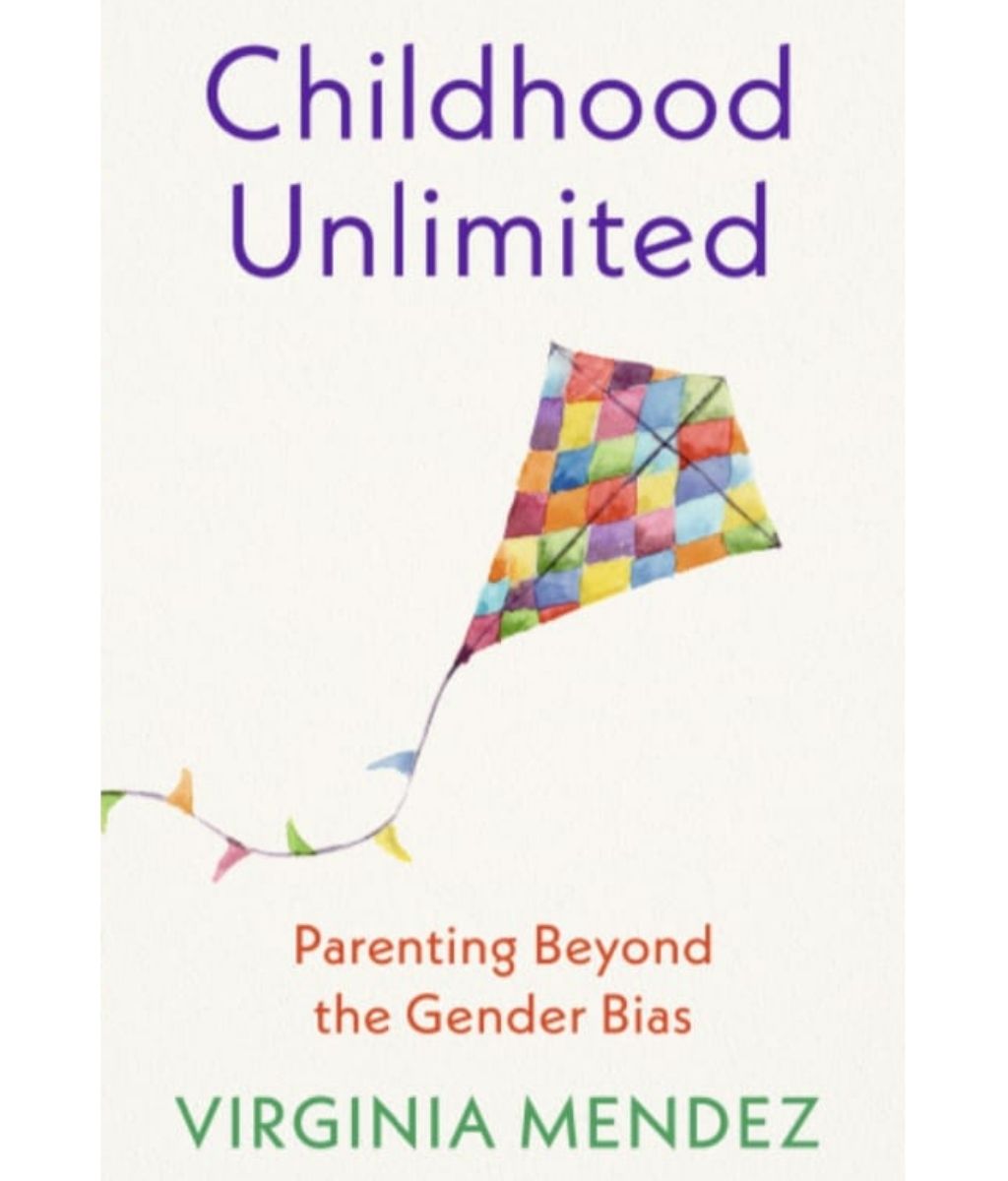As an avid reader of the Feminist Africa journals, I find myself continually drawn to the rich, nuanced perspectives they offer on the evolving landscape of African feminism. Among the many insightful publications, three issues stand out as my personal favorites: "Africa’s 21st Century Feminist Struggles: Terrains, Formations, and Politics" (April 2024, Vol 5.1), "African Women Workers in a Changing World" (April 2023, Vol 4.1), and "Rethinking African Feminisms in the 'New' Normal" (August 2024, Vol 5.2). These journals explore deeply the complexities of feminist activism across the continent, highlighting both the historical foundations and the contemporary challenges that African women face.
Africa’s 21st Century Feminist Struggles: Terrains, Formations, and Politics
This issue is a powerful reflection on the continuity and change in Africa’s feminist movements. The journal emphasizes the significant role of young feminist leaders in ongoing struggles for decolonization, economic justice, and political emancipation. I find this issue particularly compelling because it sheds light on how these movements are not isolated events but rather part of a broader, historical continuum of women’s activism.
As the introduction appropriately puts it: “The unforgettable and emblematic media images of Aisha Yesufu of Nigeria and Alaa Salah of Sudan addressing massive demonstrations... drew attention to women’s leadership and unsettled notions that they are second-tier players in national, Pan-African, and global struggles.” This statement underlines women's critical, yet often overlooked, role in leading and shaping social movements.
African Women Workers in a Changing World
This issue explores the intersection of transnational capitalism and African women’s labor, offering a feminist political economy perspective that is both thought-provoking and essential for understanding the global economic forces at play. The journal discusses the debilitating impact of land tenure arrangements on women’s productive and reproductive responsibilities, a theme that is crucial in the context of Africa’s ongoing struggles with neoliberal policies and their implications for women.
One of the most striking points in this issue is the observation that “Transnational capital’s impact has been largely negative and African women are the ones who have borne the brunt of this negative impact.” This quote captures the ongoing challenges African women workers face in a globalized economy, making this issue a must-read for anyone interested in feminist economics and the realities of women’s labor in Africa.
Rethinking African Feminisms in the 'New' Normal
Sylvia Tamale’s introduction to this issue calls on African feminists to rethink and reimagine their strategies in a rapidly changing world. While the notion of the “new” normal seems novel, it is revealed to be a continuation of age-old struggles against oppression and inequality. I appreciate how this journal not only acknowledges the challenges but also celebrates the resilience and creativity of African women in navigating these complexities.
Tamale poses a critical question: “How do we continue to pursue the project of ‘re-storying’ ourselves and reclaiming our humanity in the 21st century with vigor?” This question encapsulates the spirit of the issue, urging us to think critically about the narratives we construct and how we can empower ourselves and our communities in the face of ongoing challenges.
These three issues are my favorites because they offer a comprehensive and insightful look into the past, present, and future of African feminism. They remind me of the strength and resilience of African women, and they inspire me to continue engaging with these important issues.
If you enjoyed this piece you can contact Nabwire in X @polyneprilla











0 comments